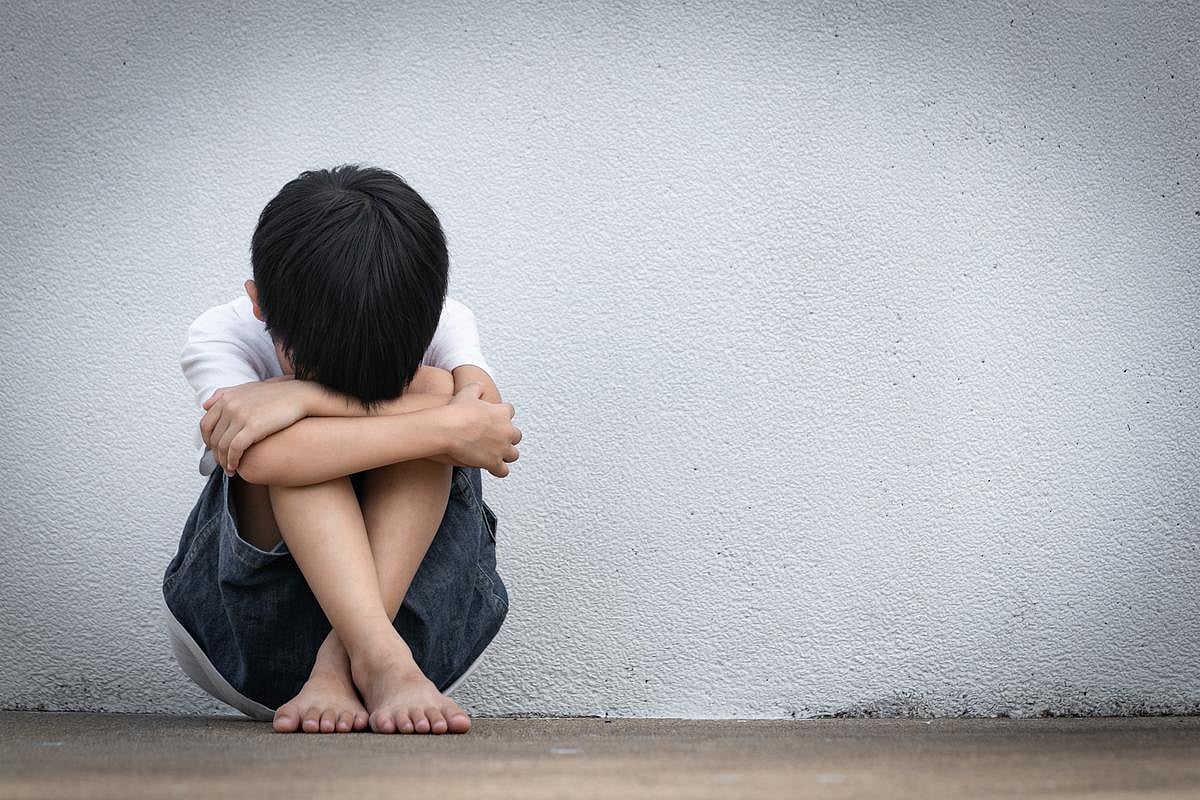Manténgase sano!

- Dennis Thompson
- Posted January 13, 2025
Neglect Can Be as Damaging to Child Development as Abuse, in Some Ways
Simple neglect can be as damaging to a child’s social development as physical, sexual or emotional abuse.
Children whose basic needs aren’t met can have lifelong damage done to their ability to form friendships and romantic relationships, researchers reported in a study published recently in the journal Child Abuse and Neglect.
Neglect leads children to withdraw from others, avoid popularity, and become less likely to join groups, results show.
“Maltreated children often feel shame and may have lower self-esteem and sense of belonging as a consequence of maltreatment, which precipitates withdrawal from their peers,” lead researcher Christina Kamis, an assistant professor of sociology with the University of Illinois Urbana-Champaign, said in a news release from the school.
“Experiencing abuse or neglect may also cause children to anticipate rejection or victimization by their peers, making them less likely to reach out to others,” Kamis added.
For the study, researchers analyzed data from nearly 9,200 participants in a long-term federal study tracking the health of teenagers into adulthood. Students were initially surveyed in grades 7-12, then followed as they became adults.
Nearly 41% of the participants reported some form of maltreatment before age 12 or reaching the sixth grade, the study says.
That included more than 10% who reported physical neglect, which can include a lack of housing, food, clothing, education, access to medical care, or emotional support.
The study focused on maltreatment’s effect on the participants’ levels of sociality, popularity, and ability to form tightly knit social connections.
In-school surveys asked participants to name up to five of their closest male and female friends.
Sociality was measured by the number of friends they had, while popularity was reflected by the number of peers who listed them as a friend. Networks of friend groups were used to show how tight-knit their social connections were.
On average, children listed about four friends, and each kid was listed as a friend by about four peers, results show.
But those who experienced abuse or neglect named fewer friends or had fewer peers name them as friends.
Any form of maltreatment negatively affected children’s social development. For example, sexual abuse made kids more likely to withdraw, while emotional and physical abuse harmed children’s popularity and social connectedness.
However, only physical neglect disrupted all three of these factors, researchers found.
The fact that others were less likely to name neglected victims as friends suggests that other students wanted to avoid them, researchers said.
“Maltreatment itself is stigmatized, and if it leaves a visible trace or is known to peers, it may cause peers to avoid these children,” Kamis explained. “Maltreatment may also increase behaviors that reduce these children’s desirability as a friend, such as greater difficulty regulating their emotions, increased aggression or lower prosocial behavior.”
What’s more, “the shame the neglected child feels can also cause them to withdraw from others,” Kamis added.
Kamis recommends that doctors and teachers look for signs of abuse or neglect among children, and be prepared to provide support for them.
“School can be a difficult arena for these children, so recognizing that they might need additional support developing friendships and breaking down some of the barriers with their peers is critical,” Kamis concluded.
“Missing the developmental benefits of peer networks may have a lasting impact on their ability to form social connections and experience greater well-being across their lifetimes."
More information
The Centers for Disease Control and Prevention has more on child abuse and neglect.
SOURCE: University of Illinois at Urbana-Champaign, news release, Jan. 9, 2025







